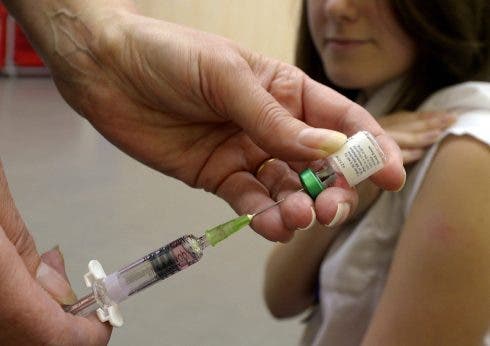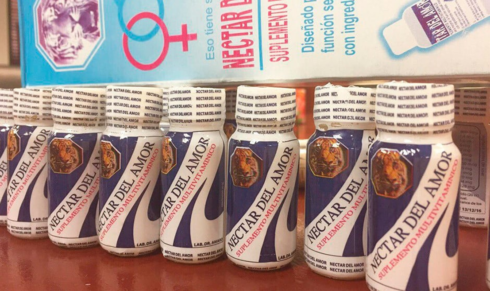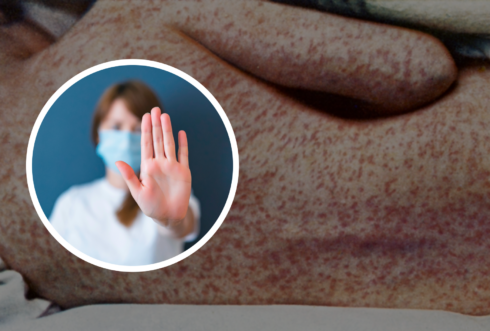TWO measles outbreaks have been reported in Spain this year- in Alicante and Toledo provinces- with the virus originating from abroad.
Aragon and Catalunya have one measles case each where the origin of the contagion is as yet unknown.
A survey conducted by the El Pais newspaper says that Spain has confirmed 15 cases of measles since January 1, of which seven were imported.
Just 11 cases were detected throughout the whole of last year, while between 2021 and 2022 only three cases were diagnosed in Spain.
Measles is a highly contagious infectious disease that is caused by the measles virus.
Symptoms include a fever, coughing, a runny nose and inflammation of the eyes, while spots may form inside the mouth.
A red rash usually starts on the face and then spreads all over the body some three to five days after symptoms begin.
The disease has no treatment and usually clears up in 10 days, but complications can include pneumonia, meningitis, blindness and seizures.
Quique Bassat, from the Barcelona Institute for Global Health, said: “The incidence of measles is increasing in several European countries and the rest of the world.”
“As long as this happens, imported cases will continue to arrive in Spain which may lead to outbreaks but high vaccination rates are slowing down the circulation of the virus.”
Non-immunised people tend to be clustered in certain areas or social groups, and form susceptible pockets of the population.

The Toledo outbreak was started by a case imported from a country that has not been made public.
The chain of infections added another four patients, according to the Junta de Castilla-La Mancha, which has not provided more details, although it considers the outbreak as ‘closed’- in principle.
In the Valencian Community, two children aged eight and 12 picked up measles during a trip to Russia and, subsequently, two people within their family were diagnosed with it- a younger brother aged 22 months and a 43-year-old man.
All of them live in Alicante province as well as a 34-year-old woman- unrelated to the family- who went to France during the incubation period and was probably infected in that country.
None of these cases were vaccinated.
The measles virus is one of the most contagious viruses known and it is necessary to maintain a vaccination coverage of 95% or higher to prevent it from circulating in a population group.
Spain has some of the best vaccination rates in Europe where where 97.2% of children born in 2022 received the first dose by the age of one.
The World Health Organisation (WHO) said in January that it has detected an ‘alarming’ increase in measles cases in Europe over the last year, and called for an increase in vaccinations in order to combat this surge.
Across Europe 42,200 people were infected in 2023 compared to just 941 during the whole of the year before.
According to the WHO, the rise in cases is partly due to a reduction in vaccination rates that was seen during the years of the Covid-19 pandemic.
“We have seen, in the region, not only a 30-fold increase in measles cases, but also nearly 21,000 hospitalisations and five measles-related deaths. This is concerning,” said Dr Hans Kluge, the WHO’s regional director for Europe.
“Vaccination is the only way to protect children from this potentially dangerous disease,” he added.
The WHO estimates that 1.8 million children in Europe were not vaccinated against measles between the years 2020 and 2022.
- Health warning: Disease eradicated in Spain is surging in Europe at an ‘alarming’ rate, says the WHO
Click here to read more News from The Olive Press.








